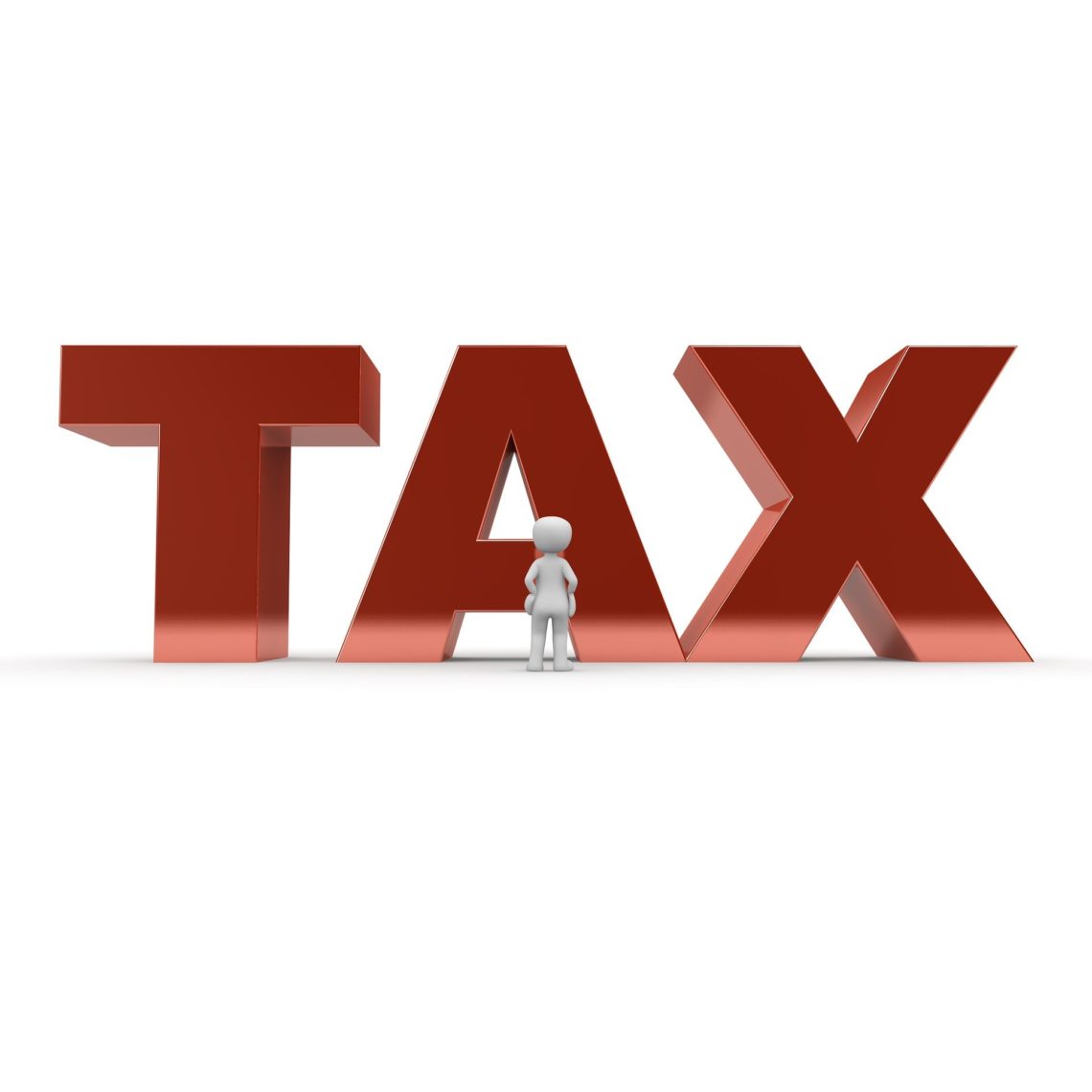- Crypto tax rules by HMRC are somewhat similar with the ones applying as for stocks
- HMRC considers crypto gains as capital gains like the gains on shares
- The UK tax authority has not left any room to save crypto tax
- According to Mike Warburton, it is necessary to keep a track record of everything
Mike Warburton, former tax director with accountant Grant Thornton, has recently analysed the crypto tax. However, as in recent months, the crypto market has performed very bullishly, which was a benefit for several tax authorities. Moreover, Mike has focused mainly on Her Majesty’s Revenue and Customs (HMRC), the United Kingdom’s tax authority. Additionally, Mike has also provided some tips to complete a significant self-assessment accurately.
Understand the fundamentals of crypto tax rules
According to HMRC tax rules, taking gains on holding government-issued fiat currencies is strictly a taxable gain. On the other side, cryptos like Bitcoin and other altcoins are not treated like fiat currency for taxation purposes. Tax authorities don’t treat cryptocurrencies as gambling, as gaming profits are tax-free. However, gains on cryptos are treated as capital gains with similar rules applying as for stocks. For example, if a user will sell cryptos at a profit, the user will set against it, the capital gains tax annual exemption. This pooling provision is the same, which is applied to stocks.
Tough rules by HMRC for crypto tax has left no rooms to run
There is no escape from HMRC to run from paying taxes on cryptocurrencies. If a user receives cryptos as a gift, then the value will be treated as remuneration with income tax. On the other hand, if the holders of cryptos lose the tokens by any means, the HMRC does not regard such events as disposal. Instead, it is considered as a capital loss on the basis that the asset is still available. Other means of acquiring such assets like mining and airdrops are all subject to income tax. Moreover, as the tokens are assets having value, they are also a part of the user’s estate on death for inheritance tax purposes.
An accurate self-assessment is needed
According to Mike, it is essential to record all crypto transactions to complete self-assessment accurately. On the other hand, such records can also help if the HMRC raises an inquiry. Additionally, he also suggests that it is essential to keep details of the type of cryptos, the date of the transactions, the number of trades, the value of the assets at the date of trade, bank statements, and wallet addresses. Mike, mentioned that the crypto exchanges keep such details for only shorter time frames.


 Home
Home News
News










